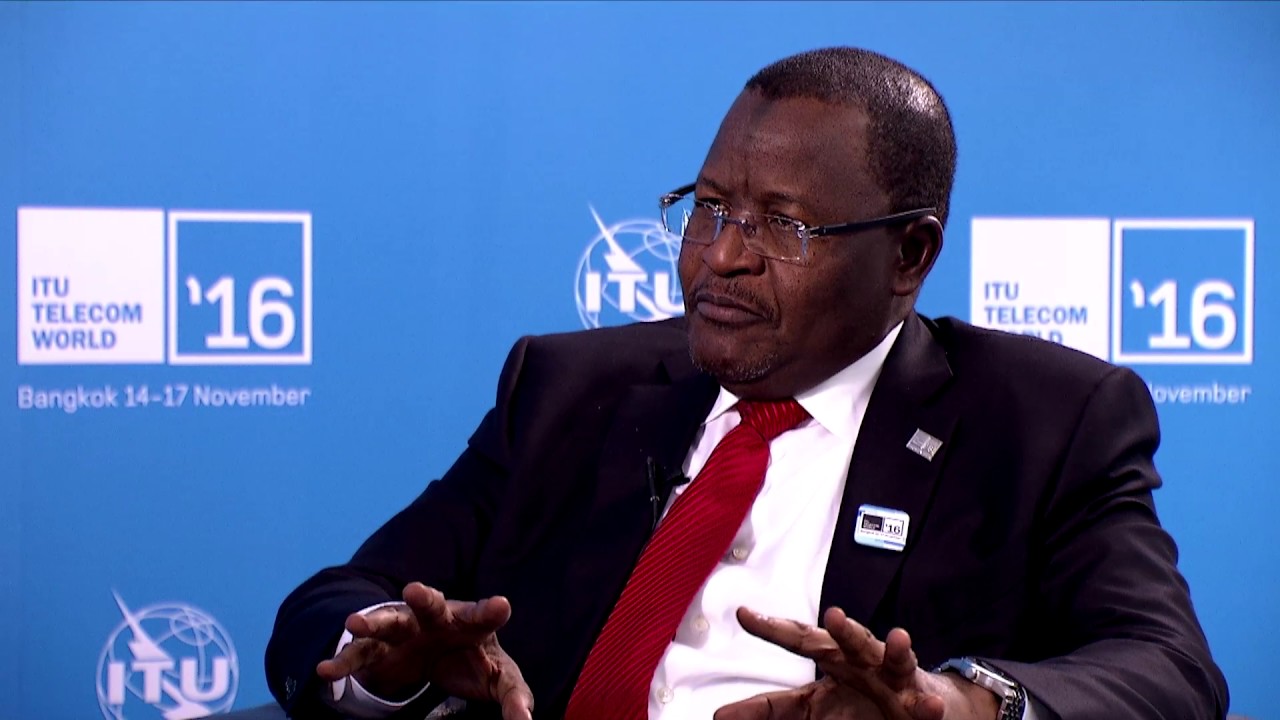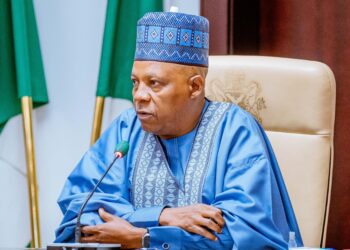The Nigerian Communications Commission (NCC) has disclosed that it is determined to take advantage of the economic gains of the African telecommunications market, which will result from the implementation of the African Continental Free Trade Area (AfCFTA).
According to the Executive Vice Chairman, NCC, Prof. Umar Danbatta, at the opening of a workshop to sensitize the communications industry on the implication of the trade agreement, the AFCFTA would be the world’s largest free trade area and is set to boost intra-African trade by 60% come 2022
The NCC, according to Prof Danbatta, would ensure synergy by strategically orchestrating collaborations between the Nigerian Office for Trade Negotiations (NOTN) and other stakeholders to sensitize the industry on the implications of the pact (AfCFTA). The NCC boss said the commission was positioned to promote investment and economic activities in the industry and protect the interest of Nigeria, investors, and other players within the ecosystem.

According to him, the desires of the Nigerian Government to take the nation’s economic development to the next level through persistent encouragement of pro-trade, pro-business, pro-investment and pro-export measures are in sync with the mandate of the commission. Also, with the free trade agreement, the commission would be able to improve the competitiveness of over $70 billion Nigerian communications market in the continent.
[READ MORE: NCC gets deadline to resolve data bundle depletion issues]
“Having attained the milestone of ratification of the AfCFTA agreement by 22 member states, the Continental Free Trade Area is now the largest trading bloc in the world in terms of participating countries, since the creation of the World Trade Organisation (WTO).“What all this means, therefore, is that, with the AfCFTA agreement, the hitherto business algorithm in Africa, is going to change, as it will become difficult for any country to be regarded as the largest market in Africa, since the continent is now going to be seen as one single international trade bloc,” Prof Danbatta said.
However, the AfCFTA still has some distance to go before implementation, with the next phase being to fashion out little but vital agreements on non-tariff barriers, rules of origin and dispute resolution.























